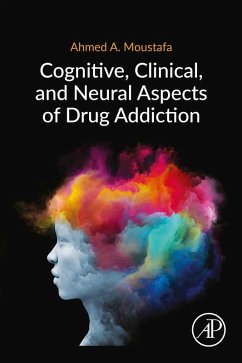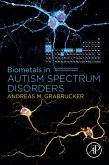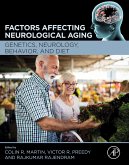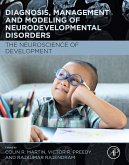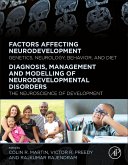Drug addictions are often difficult to treat. The most successful treatments begin with studying why individuals become addicted to drugs and how to change their thinking and behaviour. Cognitive, Clinical, and Neural Aspects of Drug Addiction focuses on the theories that cause drug addiction, including avoidance behavior, self-medication, reward sensitization, behavioral inhibition and impulsivity. Dr. Moustafa takes this book one step further by reviewing the psychological and neural causes of relapse including the role of stress, anxiety and depression. By examining both the causes of drug addiction and relapse, this book will help clinicians create individualized treatment options for patients suffering from drug addiction.
- Identifies key factors contributing to addiction, including stress, anxiety and depression
- Reviews inhibition and impulsivity in drug use
- Assesses the cognitive underpinnings of behavioral choices in addiction
- Discusses the argument of self-medication vs. reward sensitization
- Examines the psychological causes of why patients relapse
Dieser Download kann aus rechtlichen Gründen nur mit Rechnungsadresse in A, B, BG, CY, CZ, D, DK, EW, E, FIN, F, GR, HR, H, IRL, I, LT, L, LR, M, NL, PL, P, R, S, SLO, SK ausgeliefert werden.
"This is a fairly technical book requiring that readers have some understanding of theories of neurocognition and cognitive thinking to fully appreciate the content. The main focus of this book is that these neurocognitive processes are the cause of addictions. The question that remains is: are these issues the cause of addiction or merely the result of the underlying neurobiological underpinnings of these disorders? Nonetheless, understanding these cognitive processes will help one better understand and treat those with addictions." --Doody

